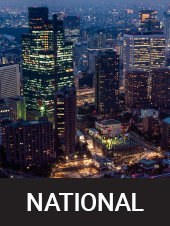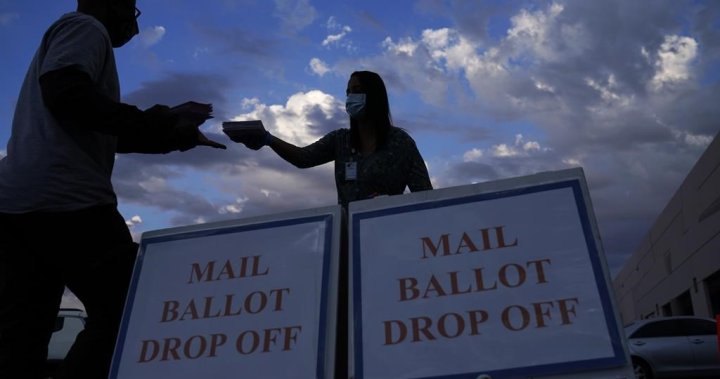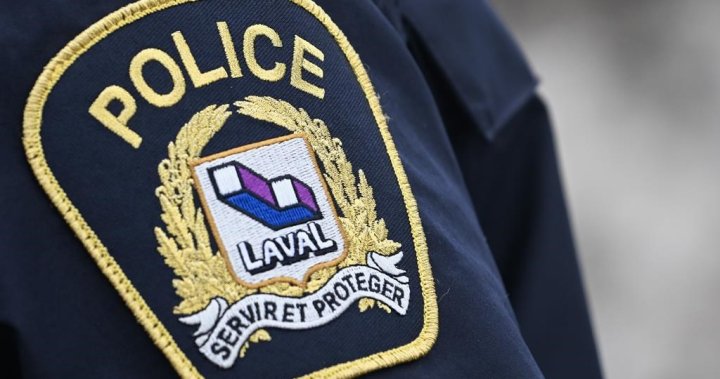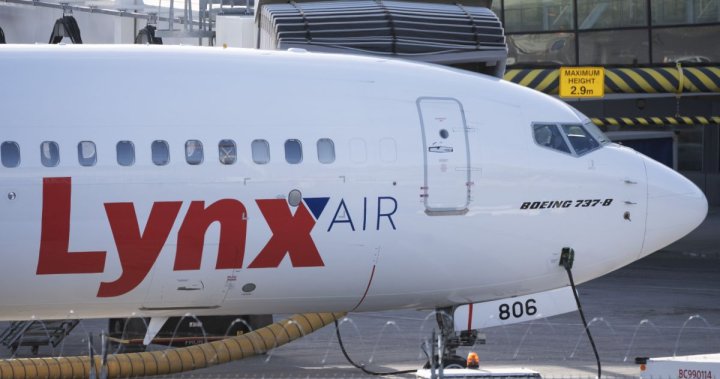Canada has a lot to feel anxious about as the U.S. presidential election draws to a close, but a former diplomat between the two countries says he’s particularly worried about “chaos” after the vote — including the “fairly high” potential for violence.
David MacNaughton, who served as Canada’s ambassador to the U.S. from 2016 to 2019, says he’s confident Canada can handle a future Donald Trump or Kamala Harris administration despite the challenges each one would pose.
But with polls showing an extremely close race, MacNaughton says he’s hopeful the result is clear enough to avoid a contested result like that of the 2000 U.S. election, which went all the way to the U.S. Supreme Court.
“You can just imagine the turmoil that would go on,” he told Mercedes Stephenson in an interview that aired Sunday on The West Block.
“So I hope one way or the other, it’s clear. I think we can deal with either outcome, but chaos would not be good for anybody.”
MacNaughton said regardless of who wins, he believes the likelihood of political violence in the wake of the result — which could take days to determine — is “fairly high.”

The Jan. 6, 2021, attack on the U.S. Capitol by a mob of Trump’s supporters protesting his election loss “really shocked” him and stood in stark contrast to the lead-up to Trump’s inauguration in 2016, he said.

Get daily National news
Get the day’s top news, political, economic, and current affairs headlines, delivered to your inbox once a day.
“The mood is so divided and so intense on both sides that I really do worry about the possibility of violence,” he said. “It wouldn’t necessarily be in Washington. It might be in other places in the country.”
A survey by the Associated Press-NORC Center for Public Affairs Research released Monday shows Americans are also concerned about what may come after Election Day, particularly if a winner isn’t immediately clear.
About four in 10 registered voters said they are “extremely” or “very” concerned about violent attempts to overturn the results after the November election. A similar share was worried about legal efforts to do so. And about one-third of voters said they are “extremely” or “very” concerned about attempts by local or state election officials to stop the results from being finalized.
Any post-election unrest in the U.S. would create “real problems” for Canada, MacNaughton said, including on cross-border trade and national security.
If Trump wins, however, and carries out his promised mass deportation of at least 10 million immigrants from across the U.S., Canada could potentially face a wave of fearful migrants.
“We have a very, very long, undefended border, and so that’s worrisome,” MacNaughton said.

The ambassador said the key difference between a Trump or Harris presidency will be how quickly Canada will have to be ready to negotiate on things like the Canada-United States-Mexico Agreement (CUSMA). Both candidates have said they want to reopen the trade pact when it comes up for review in 2026.
While Canada may have more time to engage with a Harris administration “on a more traditional basis” ahead of that review, MacNaughton said, the tone will be immediately more confrontational and “transactional” under Trump.
“I think with Trump, we should be ready to talk about how we’re going to be good partners and to help preserve peace and security and prosperity,” he said.
Commitments on tackling shared interests like defence and fentanyl smuggling could even help Canada avoid the blanket tariffs on all foreign imports into the U.S. that Trump has promised to impose.
“I realize that everybody’s worried about, is he going to put tariffs on, is he going to do this, is he going to do that,” he said. “But we’ve got a lot of strengths that we can come to the table (with). We just have to be prepared to do so and not always just simply want to talk about trade.”
MacNaughton said Canada’s decision to follow the U.S. in imposing steep tariffs on Chinese electric vehicles and components has “pleased” both Democrats and Republicans in Washington, and showed Canada is willing to work collaboratively with the U.S. on shared priorities.
© 2024 Global News, a division of Corus Entertainment Inc.





